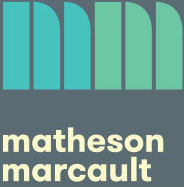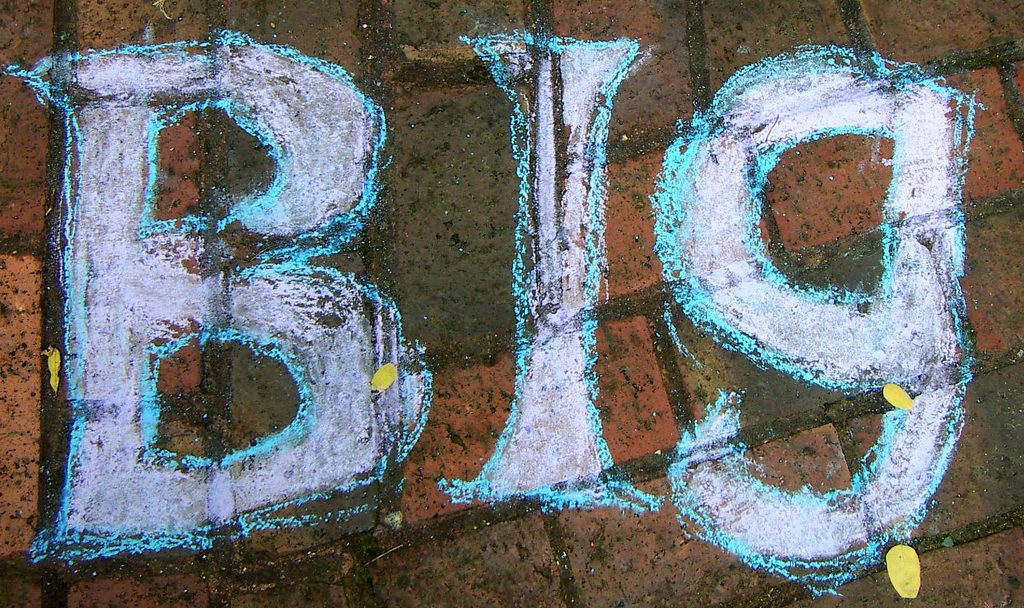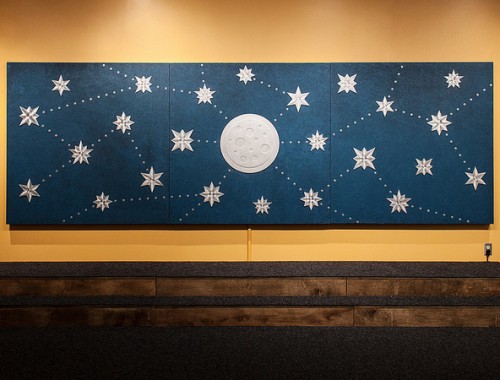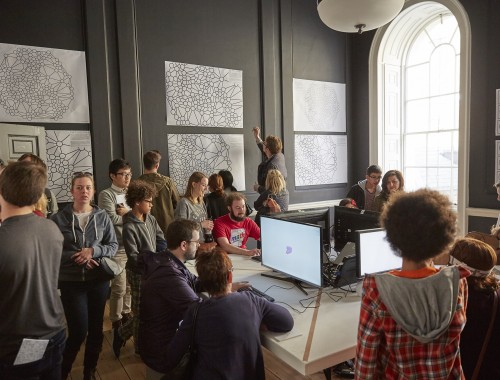It’s August! As always there’s some open calls and conferences and games going on, but there’s also a lot of interesting writing around this month.
Open Calls
WordPlay is back in Toronto and has an open call out for games and talks relating to the use of words in contemporary games. Games that are accepted for the showcase receive an artist fee of $80.
Conferences and Talks
Come along for The London Salon: Playing Out at the Museum of London on 8 August (that’s TOMORROW). There’ll be three speakers discussing play in the city, including Matt Adams from Blast Theory, and also me (Holly). Plus we’ll be running a tiny new game called Pop-Up City.
If you’re interested in games and libraries, then 12 August sees Game Library Camp at the British Library – free, but registration required. It’s aimed primarily at librarians but anyone interested in libraries (and on this occasion, games in libraries) is welcome.
The V&A has announced Parallel Worlds for 30 September. Last year’s was great, and also sold out, so worth getting a ticket early if you’re keen to go. Speakers for this year include Tim Hunkin of the amazing Novelty Automation in Holborn, You+Pea with their intriguing stuff at the games/architecture overlap, and Sharna Jackson of Seahorse and about nine million super-neat projects that combine technology and play for children in interesting ways.
And Watershed’s Making the City Playable conference is on in 19 October (in Bristol), and will clearly be great. They’re slowly announcing more speakers.
Exhibitions
Bar SK in Melbourne is currently showing an exhibition to celebrate the launch of new studio Play Reactive. And here’s a nice writeup of XYZT: Abstract Landscapes, an exhibition of interactive “digital landscapes” by Adrien M & Claire B currently showing in Washington DC.
Some exhibitions that are still running since the last time we wrote one of these roundups: Time to Play at the Museum of London; States of Play in Hull, which “shows how play shapes our lives and the world around us”, with sixteen different games including new commissions; play and psychoanalysis at the Freud Museum; and in Milan, Giro Giro Tondo: Design for Children.
Festivals and Events
Freeplay in Melbourne has appointed Chad Toprak as its new director, and announced that there’ll be a festival in the first half of 2018. In the mean time, from August 15-27, Freeplay and the team who ran Contours last year will be putting on Contours 2017, a “mixtape exhibition of contemporary Australian videogames”.
Up in Edinburgh, it’s currently time for Futureplay (until 26 August) – a load of games and stuff including “a virtual reality studio, a gaming and interactive tech zone, an immersive art gallery, a black box theatre, food stalls and a bar”. There are some great games there, plus talks, performances, and installations, and also it’s in a series of geodesic domes.
Things to Read
White Noise, a West London publication about cities and people, has been having a “month of play”. There’s a look at a wonderful project documenting playgrounds in Singapore. There’s the idea of “play marks“, the traces left behind by play, in White City Adventure Playground. There’s Darran Anderson on the history of playgrounds and their role in a city. Just have a look at all of it.
Game Studies has announced that it now welcomes writing about non-digital games, which is neat! Of course, Analog Game Studies also exists and is full of essays about the physical side of games – most recently:
- Miguel Sicart on Queering the Controller. “The architecture of control is one of limits, of predesigned possible actions. Our hands are limited to the prehensile capacities of the fingers. Controllers provide input, but it is the eye that processes the feedback. In everything else, the controller provides input for the eye to understand. The body becomes a provider of instructions, an instrument for the mind, which is the executor of actions and the processor of results. The body is but an appendix to the controller, a medium between the mind and the machine.”
- Dan Gardner, Joshua Tanenbaum and Michael Cowling on Exercise for Teaching Pervasive Game Design. “Chalk is a permissive medium, affording experimentation and risk taking. Chalk is also a performative medium for design, because the student must undertake the design in full view of potential spectators and players. The act of altering a public space – even temporarilly and nondestructively – implies some defiance towards the normative uses of that space.”
- Peter McDonald on Brecht’s Deck: A Fluxgame. “The sixty-four cards have neither suit nor number and, despite the suggestion of divisibility into eight groups of eight or four groups of sixteen, clear categories are wanting. The meaning of each individual card is a mystery. The collages often seem to generate thematic associations or visual puns, but they simultaneously resist such interpretations. Instead of looking for an interpreter, the cards need to be handled, to be spread out on a table and piled up, to be shuffled and dealt. The game includes no instructions, rules, or goals, and only the work’s title and materials suggests it is a game at all. Yet, the cards ask to be played with, even without any explanation of what that means.”
Sebastian Deterding’s Alibis for Adult Play looks at the different excuses that adults use to frame playful behaviour that they might feel is inappropriate for its own sake. “Adults routinely provide alternative, adult-appropriate motives to account for their play, such as child care, professional duties, creative expression, or health. Once legitimized, the norms and rules of play themselves then provide an alibi for behavior that would risk being embarrassing outside play.”
And finally, Hannah Nicklin’s made an ebook bundle of all her zines (including “The Psychogeography of Games” and “Hannah and the Klondikes” which is available for £5.




